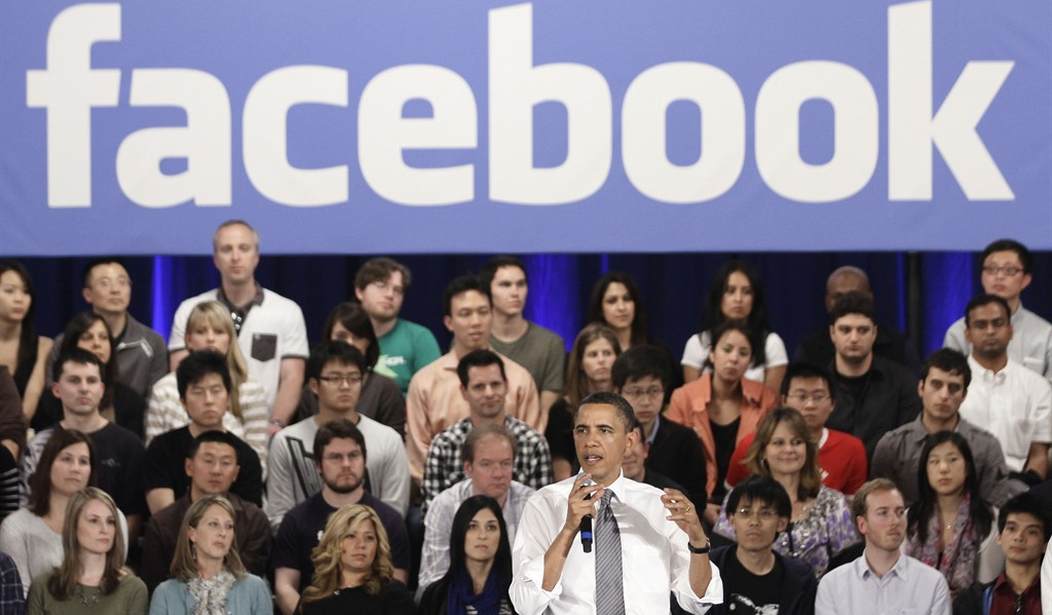Yes, fake news is a real problem. I’m not talking about the random garbage that shows up in your Facebook feed about aliens and giant conspiracies that send people into tinfoil rage spirals. I’m talking about what is presented as news by legitimate news outlets. Much of what you see presented as news on cable news networks is not news at all. And it’s making those who consume it less informed.
First, let me say there is real news to be found on cable news networks. All employ serious and excellent journalists with legitimate sources, asking important questions and reporting truths those in power would rather have ignored. My problem is not with them. My problem is cable news underuses or outright ignores them and focuses attention on people who can only convey what they think about the news.
You may not know this, but the people you see on cable news shows who are listed as “contributors” or “talk show hosts” or “strategists” have no more knowledge on the topic they’re discussing in authoritative tones than your dog does most of the time. It’s a problem because when average people watch these shows, they expect to get legitimate news. What they get is nothing of the sort.
Here’s how it works: The people you see on TV who aren’t newsmakers or members of Congress sometimes are booked well in advance, sometimes as much as a week. This is especially true in “debate” segments, when they have someone from the right and left discussing a topic. They don’t actually find out the topic they are “debating” until the morning of their scheduled appearance, and it can change until the moment they’re on the air if something happens in the world.
That means they have no knowledge – institutional, first-hand, studying, etc. – on the topic; they just have an opinion on it. As entertaining as that can be sometimes, it’s not news.
Recommended
In fact, many times guests simply make it up and BS their way through interviews on such complex topics as health care or law. They don’t know, but they don’t let on. They speak with confidence to people who also don’t know, and the audience believes them because being on TV news programs confers credibility.
Unbeknownst to the viewer, these people are as likely as not to say something they just read in a tweet or that they got out of three paragraphs of an AP story or simply that it “feels right.” Viewers assume the networks would never do such a thing, but they do. Every single day.
Viewers can and do come away misinformed, as no one fact-checks the discussions. That information is spread from there.
Donnie Deutsch, who appears on MSNBC’s Morning Joe all the time, is in advertising. He may read the news, but he knows little beyond that. He’s a liberal who reads liberal sources, so his knowledge base is HuffPo and the New York Times. Not only does he not understand conservative thought, it’s foreign to his world.
When a topic comes up, all he knows is the left view, which rarely melds with reality. Yet his opinion, and the opinions of people like him from all political slants across all networks, spread like a cold on a plane with viewers.
That’s a lot of things, but it’s not news. They could talk to Senator so-and-so, or the mayor of where the news is happening, or the journalist covering the story, gathering information. Instead they take the easy way out and go with the eager get.
Special Report on Fox News used to be a bastion of real news with a discussion between journalists who brought original reporting to the discussion and had relationships with newsmakers to gain insight. Now it’s anybody available.
Here’s another bit of information you won’t get from watching these shows: When someone who appears regularly on a network is listed as a “columnist” or “contributor” for a news site, unless they write for them on a regular basis, they are likely paid by that outlet for the specific purpose of having that organization’s name promoted on the network. It’s product placement, same as a car or prominently featured bag of chips in a movie. You can tell by the way they’re booked to talk on TV because they write, never about anything they’ve written. They’re a warm body who can string a sentence together.
Cable news is now as much an entertainment product as it is an information conveyor. When Megyn Kelly announced she was leaving Fox all other real news stopped, and every network started talking about it. It was covered like it was the last episode of Seinfeld.
That’s what cable news has become in a nutshell – choreographed entertainment programming ostensibly delivering the latest happenings on the planet from the people in the know. Only it’s nowhere close to that anymore. It’s a conversation you could overhear in a bar without the easy access to alcohol needed to make it palatable. If it were happening at the table next to you, you’d move away thinking they were crazy. But because it happens on TV, people listen, believe, and repeat what they’re saying.
So, next time you’re being lectured on what exactly a President Trump should do with his Syria policy by a 26-year-old who worked as a deputy press secretary in the House for six months and a 30-year-old columnist whose byline hasn’t appeared for six weeks, know it wasn’t always this way. And it doesn’t have to be this way now.
It’s stagecraft – the kind of fake news the media wants to pretend doesn’t exist. I write this not to complain as much as to urge them to go back into the news business. What they did, what they can do, is important; the country needs it. I wish they’d do it again.

























Join the conversation as a VIP Member